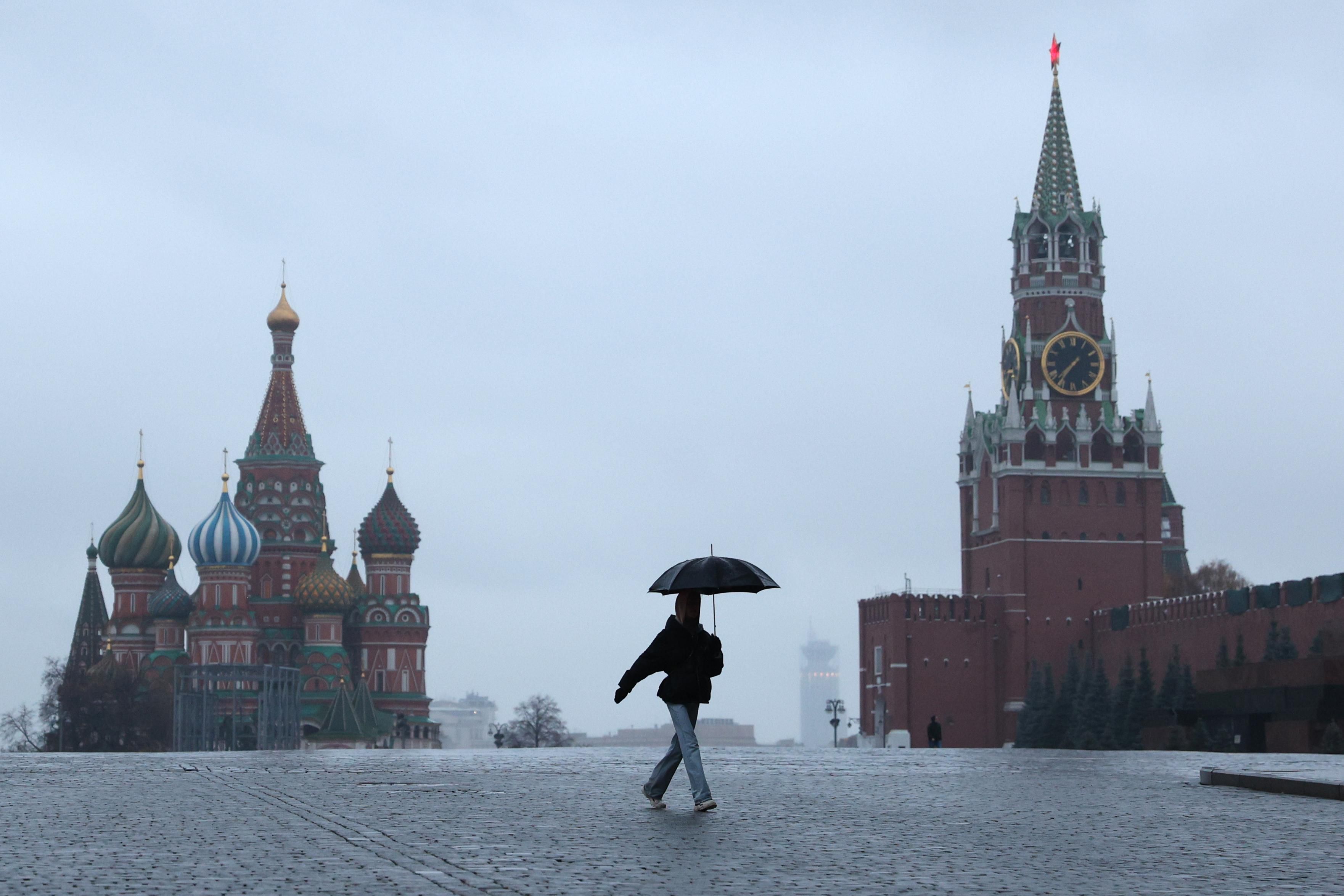News
October 28, 2021
11: Hit by a massive new COVID wave, Moscow has issued an 11-day lockdown of schools, businesses, and all "non-essential" services. Russia is now one of the countries hardest hit by the pandemic, having recorded 400,000 deaths by some estimates. Russia's high rate of vaccine skepticism isn't helping.
7.75: Brazil's Central Bank raised interest rates to 7.75 percent Wednesday – the highest level in twenty years – in order to clamp down on pandemic-fueled inflation. Brazil's flailing economy is just one of several big problems facing President Jair Bolsonaro as he struggles in the polls ahead of next year's presidential election.
1: Taiwan's president Tsai Ing-wen confirmed for the first time this week that US troops are stationed on Taiwanese soil to help protect the island from Chinese aggression. This revelation comes as relations between Taiwan and China are at their lowest point in decades after Beijing recently sent a record number of military jets into Taiwan's air defense identification zone.
2: The US economy grew by a sluggish 2 percent year-on-year in the third quarter of this year compared to 6.7 percent in the previous quarter. Economists had warned that growth would contract – a lot – amid recent supply-chain disruptions and a decline in consumer spending.
More For You
- YouTube
In this "ask ian," Ian Bremmer analyzes Trump’s recent meeting with Zelensky and how close (or far) Russia and Ukraine are from a peace deal.
Most Popular
- YouTube
Before turning to Top Risks 2026, Ian Bremmer looks back at how this year’s Top Risks 2025 actually performed.
Pro-democracy protesters carry portraits of North Yemen's late president Ibrahim al-Hamdi.
REUTERS/Khaled Abdullah
In the latest twist to Yemen’s decade-long civil war, a group of government ministers declared support for the UAE-backed Southern Transitional Council (STC), a rebel group that broke the war’s deadlock earlier this month by seizing control of the oil-rich Handramout region.
© 2025 GZERO Media. All Rights Reserved | A Eurasia Group media company.
